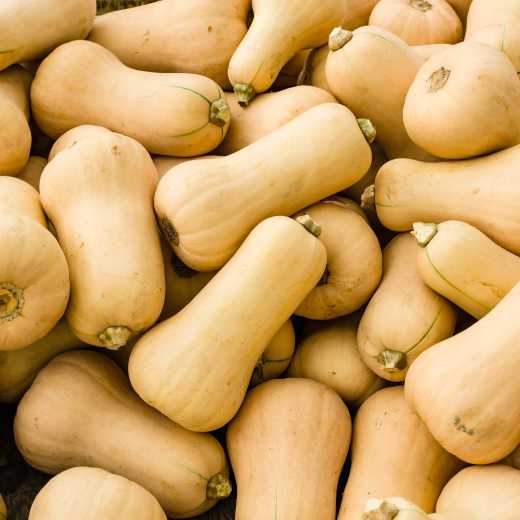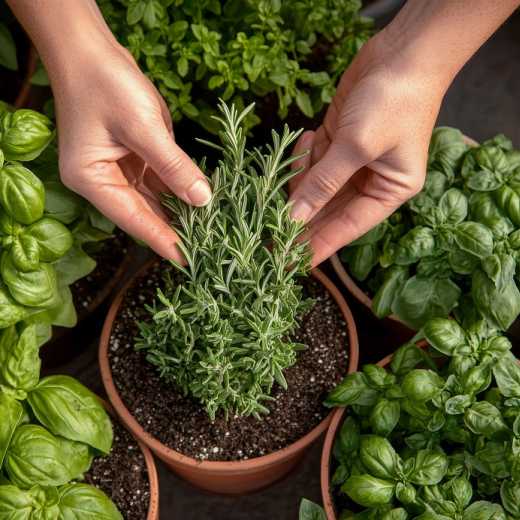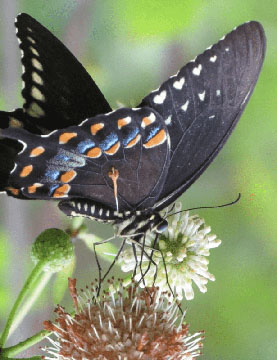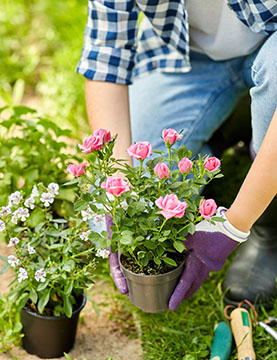Native Plant Trust’s Seed Ark Initiative
NATIVE PLANT TRUST'S SEED ARK INITIATIVE
The New England Wildflower Society was founded in 1900 to conserve and promote New England’s native plants to ensure healthy, biologically diverse landscapes. It recently made its fifth name change since its inception to the Native Plant Trust. One of its new initiatives is the Seed Ark to save the imperiled plants of New England. A fifth of the region’s native plants are on the brink of being lost, and banking their seeds is critical to preserving genetic diversity and reintroducing or augmenting populations of the plants in the wild. The goal is collecting from most of the 3,300 populations of the 388 globally and regionally rare plants of New England by 2020, a target date set by the United Nations’ Convention on Biological Diversity in its Global Strategy for Plant Conservation. Once collected, the seeds are preserved in a climate-controlled environment, with the goal of keeping viable seed in perpetuity to grow and reintroduce into suitable habitats.
So why are these plants so rare, and so important?
These plants are rare, in part, because of habitat loss, global warming/climate change, new pathogens, pests, and diseases. They may also be what are called narrow habitat specialists – living only in an extremely small range. When they disappear, there will be co-extinction of other species that depend upon them as host plants.
The habitats most at risk are:
· Alpine and Subalpine
· Mixed Northern Hardwood Forests
· Rivers and Streams
· Sandplain Grasslands and Heathlands
· Estuarine Marshes
Examples of pest problems you may be aware of:
Pests such as the Emerald Ash Borer are eliminating our Ash trees. It is anticipated that 20 native moths and other pollinators that depend upon the Ash tree will, in all likelihood, go extinct unless they can adapt to an alternative host plant.
There are tales of success where our native plants help other endangered non-plant species survive.
For example, on the coastal dunes of Cape Cod, native seaside goldenrod Solidago sempervirens is being reintroduced, as it is the preferred cover plant for the endangered roseate tern when they nest in the dunes.
The endangered Karner Blue butterfly (state butterfly of NH) is totally dependent upon its host plant, the Lupinus perennis. New Hampshire is protecting the habitat for this butterfly in the Concord Airport area, and is reintroducing both the plant and the butterfly to this habitat.
Seed banking is a critical strategy for ensuring the preservation of genetic diversity and for potentially reintroducing species to the wild. For more information about the Seed Ark, visit Native Plant Trust’s web site: http://www.nativeplanttrust.org/conservation/rare-and-endangered/
Arabella Dane, Chairman, Photography & Linda Jean Smith, Consultants' Councils, Gardening Schools

 Member Login
Member Login






